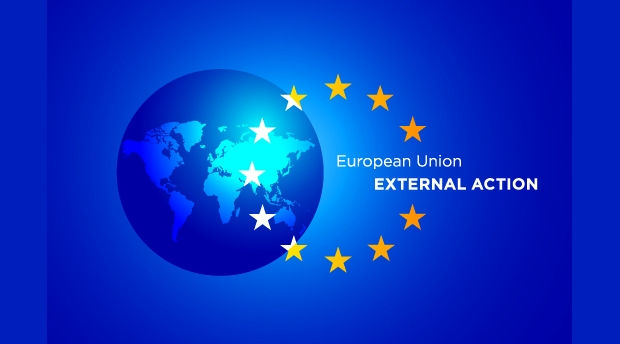When and how the next economic crisis hits
- csbprojectitaly
- Aug 27, 2019
- 1 min read
Updated: May 6, 2020
A summary article written by Pierre Briançon on August 27, 2019 on Financial News about the danger of a new global crisis.
No one knows when the next global economic downturn will happen. But contrary to what happened in some past crises, no one will be able to claim they didn’t see it coming. Warnings abound, all signals concur, and, as European Central Bank president Mario Draghi said two months ago, the many «uncertainties» that have long threatened the global economic recovery are now generating their own economic consequences in the form of a major slowdown. And yet, governments remain idle.
Europe is paralysed by institutional gridlock and political malaise, and by Germany’s own reluctance to acknowledge the severity of its own economic problems. The UK government is trapped by its insistence that everything will be fine with Brexit, hard or soft. And in the US, President Donald Trump’s refusal to accept that the current slowdown has anything to do with his trade war threats is an obstacle to sound economic policy. Needless to say that in this context, hopes for international economic cooperation have faded away.
In the next crisis, western governments look intent on fighting by themselves and for themselves. Last week, the BlackRock Investment Institute, the in-house think tank of the world’s largest asset manager, published a report advocating a radical overhaul of both monetary and fiscal policies. It is calling for «unprecedented policy coordination» to deal with the next slump. It defends the idea of what it calls «going direct», with central banks finding ways to get «money directly in the hands of public and private sector spenders».
Source: Financial News

.jpg)






Comments